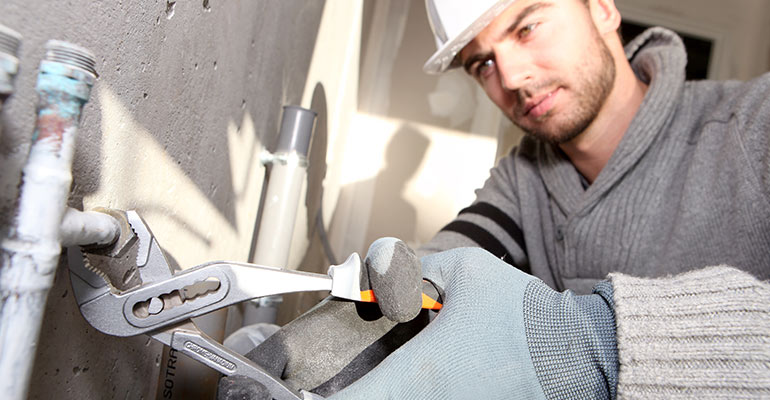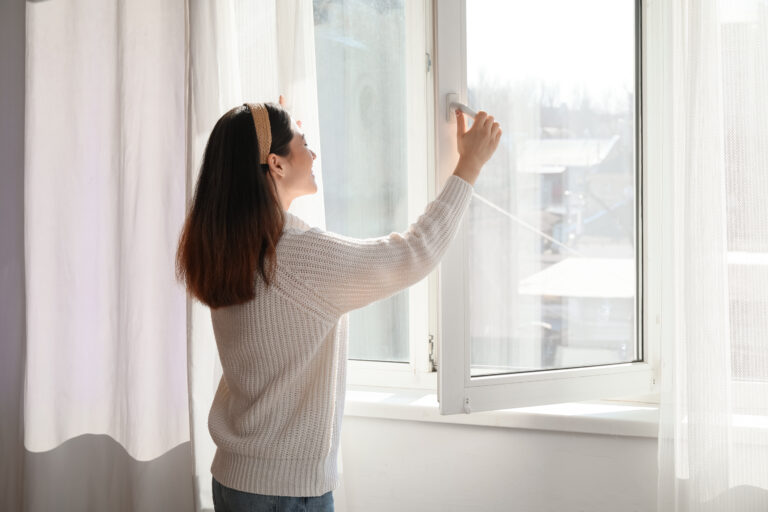Embarking on a new construction project is an exciting venture, whether you’re a homeowner or a real estate developer. However, understanding the intricacies of plumbing permits is crucial to ensure a smooth process. This guide aims to provide insight into the importance and acquisition of plumbing permits for new builds.

What is a Plumbing Permit?
A plumbing permit is an official approval granted by local authorities, allowing you to carry out plumbing work. It ensures that the plumbing system in your new build meets local building codes and regulations.
Why Are Plumbing Permits Important?
Plumbing permits are essential for several reasons. First, they ensure that the plumbing work complies with safety standards, protecting both the property and its occupants. Additionally, having a permit can prevent legal issues and fines that may arise from unauthorized work.
The Role of Local Authorities
Local authorities play a pivotal role in the issuance of plumbing permits. They review the proposed plumbing plans to ensure compliance with building codes. Their approval is a green light for construction to proceed.
Steps to Obtain a Plumbing Permit
- Research Local Requirements: Before applying, research the specific requirements of your local municipality.
- Prepare Necessary Documents: Gather all necessary documents, including construction plans and specifications.
- Submit Application: Submit your application along with the required documents to the local authority.
- Pay Fees: Pay any applicable fees associated with the permit application.
- Inspection: Once approved, schedule an inspection to ensure compliance during construction.
Common Challenges in Obtaining Permits
Obtaining plumbing permits can sometimes be challenging. Delays in approval, unexpected fees, or changes in regulations can pose hurdles. However, understanding these challenges can help you prepare better.
Working with Professionals
Hiring a professional plumber or contractor can simplify the permit process. They are familiar with local regulations and can ensure that your application is complete and accurate.
Importance of Hiring Licensed Plumbers
Licensed plumbers bring expertise and experience to the table. They can navigate the complexities of permit applications and ensure that all work meets the required standards.
Cost of Plumbing Permits
The cost of plumbing permits varies depending on the location and scope of the project. It is essential to budget for these costs as part of your overall construction budget.
Factors Influencing Permit Costs
Several factors can influence the cost of a plumbing permit, including the size of the project, local fees, and additional inspections required.
Consequences of Skipping Plumbing Permits
Skipping plumbing permits can lead to serious consequences. Unauthorized work can result in hefty fines, legal issues, and potential safety hazards.
Legal Repercussions
Ignoring the need for a plumbing permit can result in legal actions against the property owner. It may also lead to difficulties in selling the property in the future.

Frequently Asked Questions
Do I need a plumbing permit for minor repairs?
Generally, minor repairs do not require a permit. However, significant changes or new installations typically do.
How long does it take to get a plumbing permit?
The time frame for obtaining a plumbing permit varies based on the complexity of the project and local regulations. It can range from a few days to several weeks.
Can I apply for a plumbing permit myself?
Yes, homeowners can apply for a plumbing permit themselves. However, working with a professional can streamline the process.
For more detailed guidance on planning plumbing for new homes, you can visit this resource. Additionally, for insights on costs involved, you might find this link helpful.
For further reading, consider exploring resources like plumbing apps, cold climate tips, and stormwater drainage to enhance your understanding.
This article contains affiliate links. We may earn a commission at no extra cost to you.




